First Timer not sure how to begin...
jeri
10 years ago
Related Stories
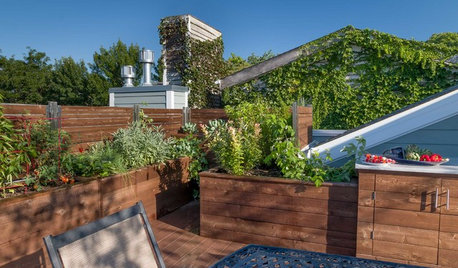
GARDENING GUIDES10 Tips for Beginning Gardeners
With a simple sketch, basic tools and the right plants, you’ll be on your way to growing your first flowers or edibles
Full Story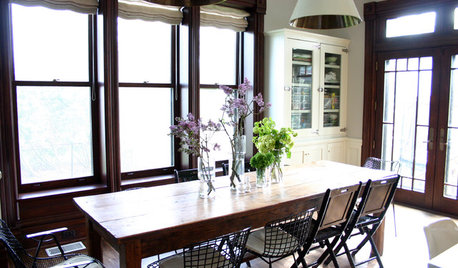
MOST POPULARFirst Things First: How to Prioritize Home Projects
What to do when you’re contemplating home improvements after a move and you don't know where to begin
Full Story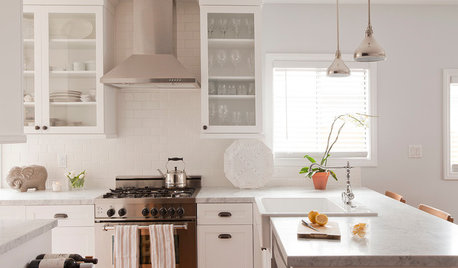
REMODELING GUIDES10 Things to Do Before the Renovation Begins
Prep and plan with this insight in hand to make your home remodeling project run more smoothly
Full Story
TASTEMAKERSWorld of Design: Where Color Trends Begin
Colors go in and out of vogue. Here’s how they make their way into our home decor
Full Story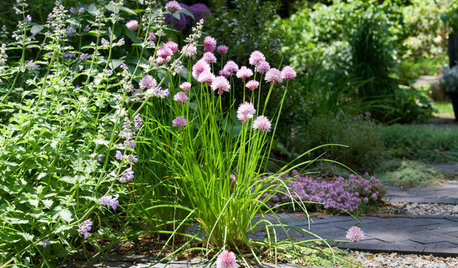
EDIBLE GARDENS8 Surefire Vegetables and Herbs for Beginning Gardeners
Learn the edible plants that are popular and easy to grow in a backyard or container garden
Full Story
HOLIDAYSYou Said It: ‘Let the Countdown Begin’ and Other Houzz Quotables
While you’re recovering from Thanksgiving and Black Friday, gear up for the next round of holiday fun with these projects
Full Story
SMALL HOMESRoom of the Day: Living-Dining Room Redo Helps a Client Begin to Heal
After a tragic loss, a woman sets out on the road to recovery by improving her condo
Full Story
LIFEYou Said It: ‘Art Is a Great Way to Begin the Tale’ and More Quotables
Design advice, inspiration and observations that struck a chord this week
Full Story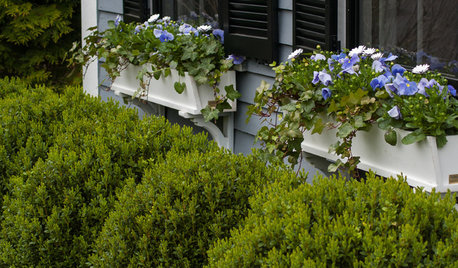
GARDENING GUIDESMake Sure You Read This Before Buying New Plants
Follow these 10 plant-selection tips to avoid buyer’s remorse
Full Story






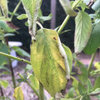
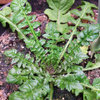
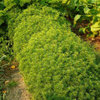
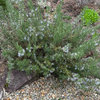
seysonn
balloonflower
Related Professionals
Salisbury Landscape Architects & Landscape Designers · Waunakee Landscape Architects & Landscape Designers · Manchester Landscape Contractors · Middletown Landscape Contractors · Brookfield Landscape Contractors · Burien Landscape Contractors · Deer Park Landscape Contractors · Franklin Landscape Contractors · Galt Landscape Contractors · Pompano Beach Landscape Contractors · Wanaque Landscape Contractors · Woodbury Landscape Contractors · Anderson Roofing & Gutters · Kissimmee Roofing & Gutters · Rome Roofing & Guttersfatamorgana2121